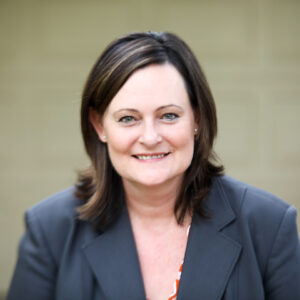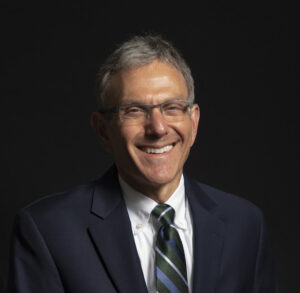Tools and Techniques for Improving External Business Relationships
“Questions become the currency to both capture information, and also, to build rapport. But just going at questions without preparation and planning can lead to disaster.”
This advice from Rodney Schlosser is at the heart of a webinar he co-facilitated with Keri Stephens, Ph.D, to discuss how asking questions is a key component in building successful business relationships. With Dr. Stephens’ academic and industry experience and Schlosser’s business development acumen, they merge what is happening in the marketplace with what leading research has to say. We hear firsthand how planning, preparing and practicing questions can make the difference in either deepening or distancing an important connection.
Stephens, a professor of Organizational Communication and Technology at UT Austin,
begins with how best to plan for upcoming conversations. Yes, it is essential to do your homework on who you are speaking with and where, but just as critical is planning how you will listen. Is your colleague sharing sensitive information where note taking could cut the conversation short? Are you watching for physical cues that may indicate a change in tone of the dialogue? Both Stephens and Schlosser emphasize being clear about the purpose of your conversation pre-engagement so you can gauge the situation in real-time. Once you have a plan, you can start to prepare.
“Relationships are in a constant state of deterioration, so it is our job to constantly be fertilizing them.“
– Rodney Schlosser
As a Senior Vice President of Business Development and Strategic Partnerships who, for decades, has called on Fortune 500 and mid-small level companies including non-profits, Schlosser lays out an Ask-Listen-Share model that he uses to guide his dialogues. He cautions that you do not want to bombard someone with questions, nor do you want to be talking about yourself all the time. Creating the right mix of asking a question, listening intently to the response and sharing only what pieces of your experience are relevant to this conversation gives a good balance.
Having a natural curiosity helps Schlosser tap into his inquisitive side, but he encourages that everyone can lean into curiosity as inspiration when preparing questions. With this in mind, Stephens stresses the value of creating a repertoire of questions to pull from and giving priority to open ended questions that expand the discussion. She makes the point that connection happens when the dialogue is flowing freely, and that only offering yes or no questions tends to stifle the conversation. When you’ve defined your questions, now it’s time to practice.
“There is a very big difference, and the research supports this, between you reading what you’re thinking of doing (with) your questions and you speaking it out load.“
– Keri Stephens
Stephens asserts that getting into the habit of rehearsing alone or with a willing colleague or group positively impacts the discourse of your strategic relationships. She recalls a planning session involving several of her colleagues who were making a big ask to upper management. In their time together, they took turns reciting their part of the pitch as they wanted it to flow. This level of coordination helped each participant understand their role and made the group feel more confident in making their request. As for her own practice, Stephens confesses to talking to herself in her car, playing out different scenarios to feel prepared.
Schlosser added a few tips of his own. He suggests rehearsing how you might react to the unexpected so there are fewer surprises in
Throughout the webinar, Stephens, Schlosser and some of the audience impart their reliable, real-world practices, providing a roadmap for getting started. There is an art to building relationships and, with the insights from Stephens and Schlosser in this webinar, we can appreciate how questions are vital to making and keeping long-term business connections.

Keri Stephens, Ph.D.
Keri Stephens, Ph.D., has been a professor in the Moody College of Communication since 2007. She has taught Communicating to Build Sales Relationships for 15 years and along with her McCombs Business School colleagues, she co-founded the UT Austin Professional Sales and Business Development Minor that is open to all majors across campus. She began her career working for Hewlett-Packard as a field engineer in a role that combined her biochemistry degree with business development. She spent a decade working in laboratory robotics and automation before she returned to get her graduate degrees in organizational communication.

Rodney Schlosser
Rodney Schlosser is Sr. Vice President/Business Development & Strategic Partnerships at Asurion, a Nashville-based vendor to the mobile, cable, telco, and consumer electronics industries. In his 20+ years at the company, he has successfully identified, cultivated, and won new clients that propelled the company from <$100M in annual revenue when he joined in 1999 to >$8B in 2022. The key has been building strong, trustworthy, and enduring business relationships across client organizations.
